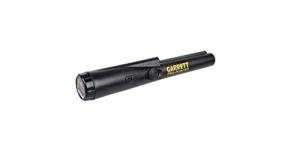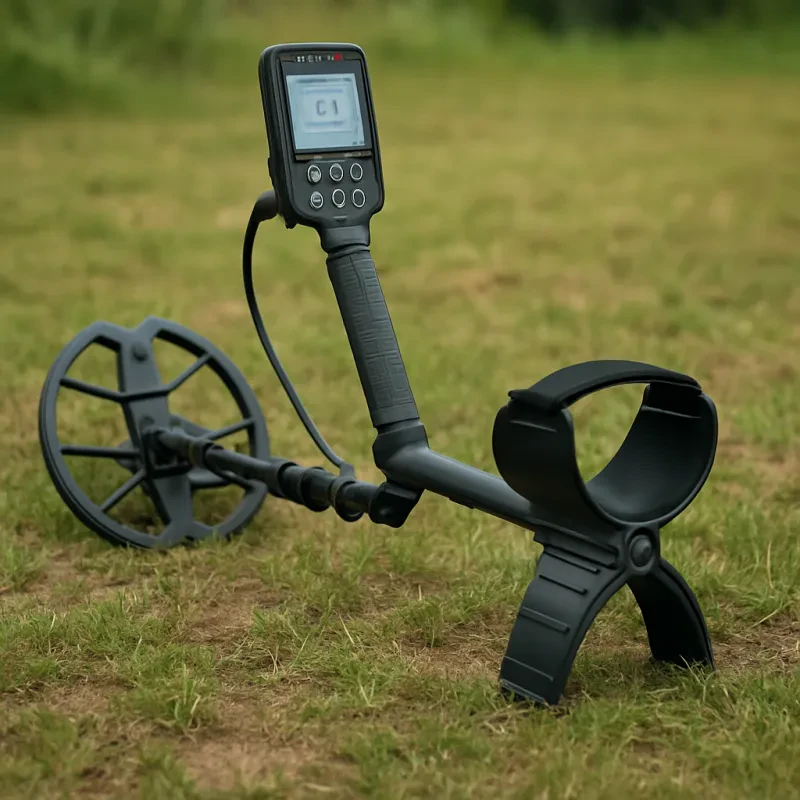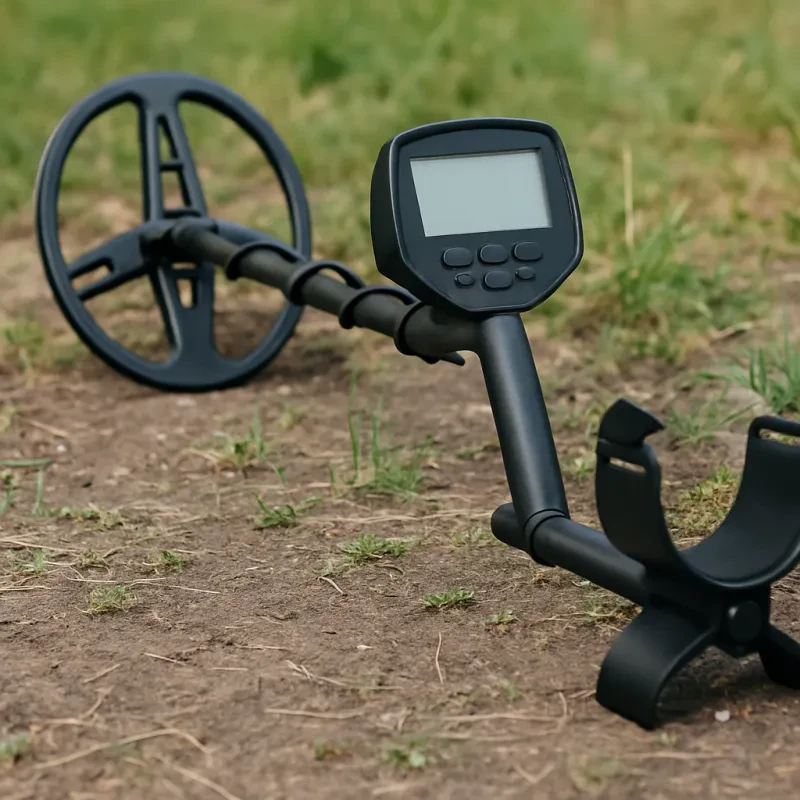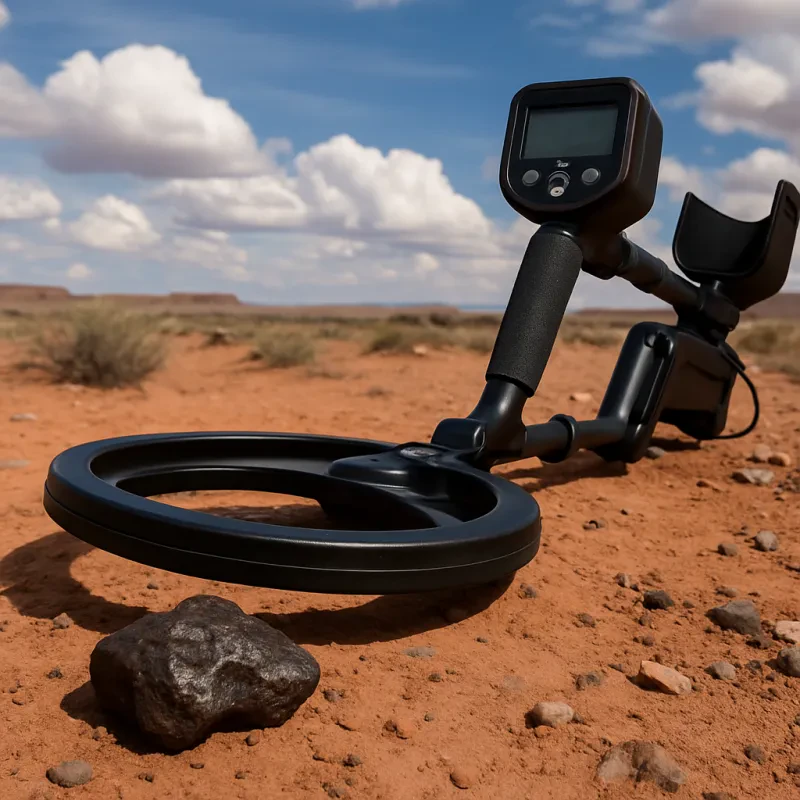$383.98
4.82 out of 5 starsGarrett ACE 400 Metal Detector with Waterproof Coil & Carry Bag
Discover hidden treasures with the Garrett ACE 400 Metal Detector featuring a waterproof coil and convenient carry bag
Product information
Product Review Score
Product links
Metal detecting is a thrilling hobby for many enthusiasts, offering the excitement of uncovering hidden treasures and pieces of history buried beneath the earth's surface. However, before embarking on your next metal detecting adventure in Indiana, it's crucial to understand the laws and regulations governing this activity to ensure you remain compliant and respectful of the state's cultural heritage.
Understanding Indiana’s Metal Detecting Laws
Indiana has specific laws and regulations in place regarding metal detecting to protect archaeological sites, historical artifacts, and cultural resources. These laws are designed to preserve the state's rich heritage and prevent the unauthorized disturbance or removal of archaeological artifacts from public and private lands.
One of the most important regulations to be aware of is that metal detecting is generally prohibited on state-owned lands, including state parks, state forests, and other public properties managed by the Indiana Department of Natural Resources (DNR). This prohibition helps protect sensitive archaeological sites and prevents potential damage to natural habitats.
Additionally, metal detecting is subject to federal laws such as the Archaeological Resources Protection Act (ARPA) and the Native American Graves Protection and Repatriation Act (NAGPRA), which prohibit the disturbance or removal of archaeological artifacts from federal lands and Native American burial sites.
Obtaining Permission
Before conducting any metal detecting activities on private property in Indiana, it's essential to obtain explicit permission from the landowner. Trespassing without permission is not only illegal but also disrespectful to property owners and their rights.
When seeking permission, be sure to communicate your intentions clearly and respectfully. Explain your interest in metal detecting as a hobby and reassure the landowner that you will adhere to any conditions they may impose, such as avoiding sensitive areas or filling in any holes dug during your search.
Reporting Finds
If you discover any artifacts or objects of potential historical significance while metal detecting in Indiana, it's essential to follow proper procedures for reporting your finds. Under Indiana law, any artifacts found on state-owned lands must be reported to the DNR or the appropriate authorities.
Even on private property, it's a good practice to document and report significant finds to local historical societies, museums, or archaeological organizations. By doing so, you contribute to the preservation and study of Indiana's cultural heritage while fostering positive relationships with the broader community.
Resources for Indiana Metal Detecting
For Indiana residents interested in metal detecting, several resources and organizations can provide valuable information and support:
1. Indiana Department of Natural Resources (DNR) - The DNR oversees the management of state-owned lands and can provide guidance on metal detecting regulations and permitted activities. Their website offers information on parks, forests, and other public properties where metal detecting is prohibited.
2. Indiana State Historic Preservation Office (SHPO) - The SHPO is responsible for protecting and preserving Indiana's historic and archaeological resources. They can provide information on archaeological sites, cultural resource management, and the legal framework governing metal detecting in the state.
3. Local Historical Societies and Museums - Many communities in Indiana have local historical societies or museums dedicated to preserving the region's history and heritage. These organizations often offer educational programs, exhibits, and resources for individuals interested in archaeology and metal detecting.
4. Indiana Archaeological Society - The Indiana Archaeological Society is a nonprofit organization dedicated to promoting the study and preservation of Indiana's archaeological heritage. They offer educational programs, field trips, and opportunities for amateur archaeologists and metal detectorists to get involved in research and outreach activities.
Indiana Archaeological Society
5. Metal Detecting Clubs and Online Forums - Joining a metal detecting club or participating in online forums and social media groups can connect you with fellow enthusiasts, share tips and techniques, and provide access to resources and support within the metal detecting community.
By familiarizing yourself with Indiana's metal detecting laws and regulations and leveraging the resources available to you, you can enjoy this exciting hobby while respecting the state's cultural heritage and preserving its archaeological treasures for future generations. Remember to always obtain permission before detecting on private property, report any significant finds responsibly, and adhere to ethical and legal guidelines to ensure a positive and fulfilling metal detecting experience in Indiana.
$110.95
$99.99
4.41 out of 5 starsGarrett Pro-Pointer II for Precise Metal Detection
Enhance your metal detecting accuracy with the Garrett Pro-Pointer II: the ultimate tool for precise metal detection
Product information
Product Review Score
Product links





